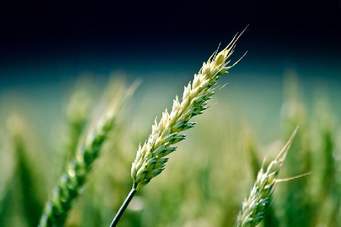The effects of food waste

Food waste is a rising factor in global greenhouse gas (GHG) emissions. This may be one of the easiest ways to cut back on our GHG exchange. By changing our ways of ease and convenience, we can still save our health, wallet and future on this planet. There are ways to reduce food waste, which include but are not limited to;
❏ Composting
❏ By using an at-home compost bin, you can create a biodegradable form to dispose of unusable food such as egg shells, coffee grounds, peels and stems. This creates great fertilizer and you can even use worms to speed the process up and use them as fishing bait.
❏ Shop cupboards before grocery store
❏ By understanding what food items you have at home, you are less likely to buy double of one item, and can find inspiration by wanting to cook a meal with ox tails and spaghetti squash.
❏ Meal Plan
❏ By planning ahead, you can avoid “hungry” buying, create effective shopping lists, and create ease with busy schedules.
Dinner should be the least stressful part of your day
❏ Let children “shop” to peak interest
❏ By allowing those picky eaters in your life to pick the food they want to eat while shopping, it makes it so the child is invested into the meal and wants to try new items.
❏ Save leftovers
❏ The microwave has been a leading cause in food waste however, by simply saving leftovers and designating at least one night a week to eating leftovers, less food is thrown away to spoilage and disinterest.
❏ Track what you throw away
❏ If you consistently throw away lettuce, for example, buy less lettuce. If you need more incentive to keep track, list how much that product costs you. In this scenario, you will know how much money you are throwing away by disregarding that extra lettuce.
We can break this negative trend of food waste while saving ourselves, our planet, and our wallet. Afterall, “Nothing is as intimate as the food we eat.” -Joel Salatin. The food we eat doesn’t just affect our lives on a cellular level, it affects us on a whole life level and will continue to effect those generations still to come. We do not inherit our land from our ancestors but rather borrow it from our children. By changing our ways, our “Landfill Harmonics” will play us off into the brighter and cleaner future rather than play the slow rhythmic tune of our demise.




